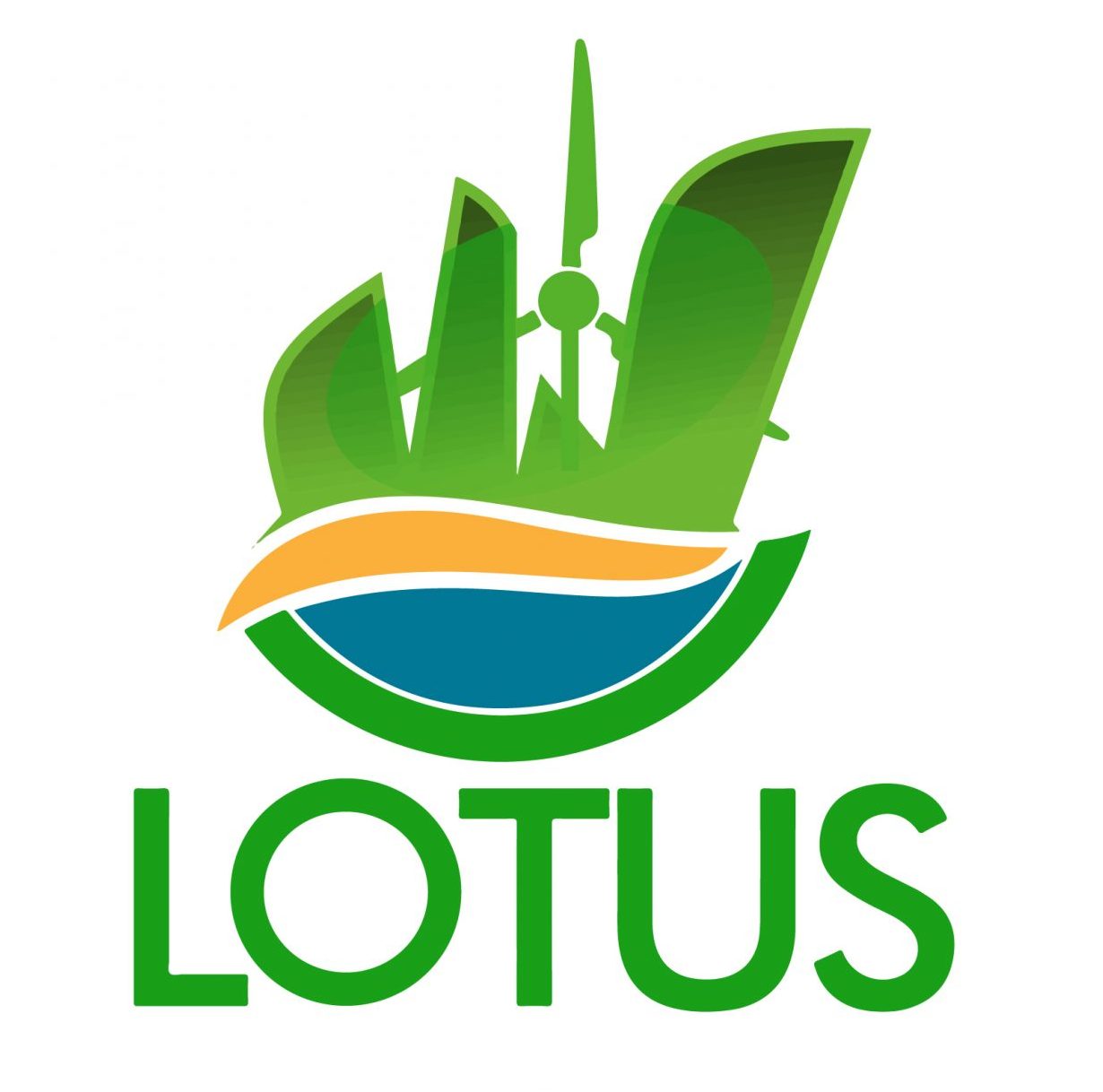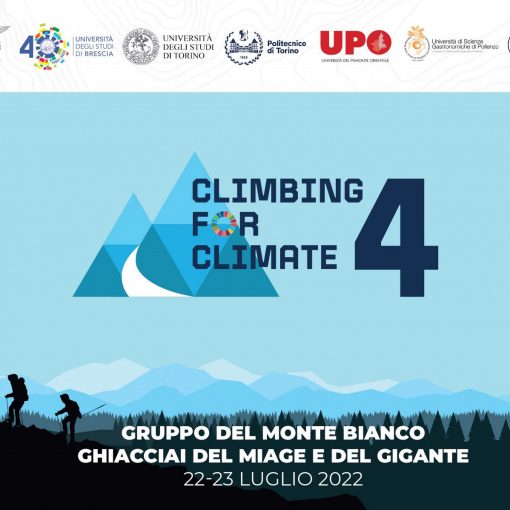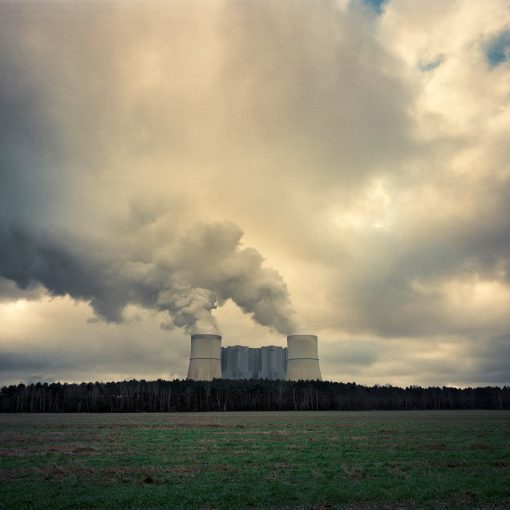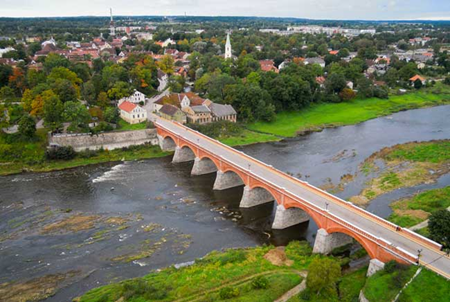The European Regional/Spatial Planning Charter (1983) defines spatial planning as “an interdisciplinary and comprehensive approach directed towards a balanced regional development and the physical organisation of space according to an overall strategy.” The current overall strategy is primarily given by international, national and other economic, social, cultural and ecological policies and strategies. Most attention in many research, development and implementation agendas is given to sustainability.
The United Nations defined in 2015 the UN Sustainable Development Goals in order to tackle inequality, environment protection and climate change. The European Commission adopted a set of proposals to make the EU’s climate, energy, transport and taxation policies fit for reducing net greenhouse gas emissions by at least 55% by 2030, compared to 1990 levels. This strategy is known as the European Green Deal.
The production and use of energy account for more than 75% of the EU’s greenhouse gas emissions. Decarbonising the EU’s energy system is therefore critical to reach our 2030 climate objectives and the EU’s long-term strategy of achieving carbon neutrality by 2050.
The challenges of a changing climate increase the need to support municipalities, citizens and companies in the process towards a carbon neutral future. The transition to a carbon neutral city or municipality cannot be achieved by local decision makers alone but must include a multitude of actors. The cooperation of public and private stakeholders, working in a complex set of interactions embedded within a wider regional, national and European context, is needed to manage a transformation on this scale.
This includes spatial and urban planners. Their activities involving multiple actors are considered by the author as crucial to achieve this goal to facilitate to facilitate the transformation by closing the educative gap on urban and regional energy transition in and between the different disciplines.
The LOTUS project has developed a set of tools that should help educators of spatial planning and related disciplines to make energy sustainability as an integral part of spatial planning processes. This includes the university curriculum, a set of European examples of energy transition, a board game (urbEN) and a textbook.




